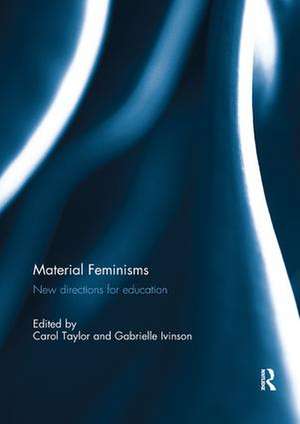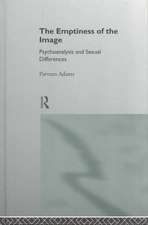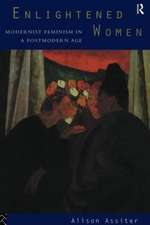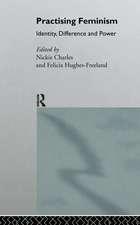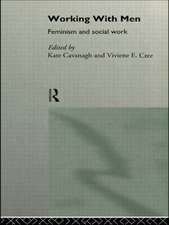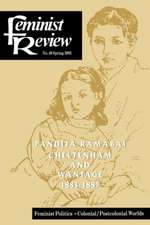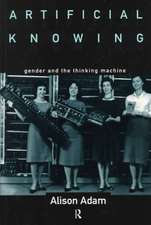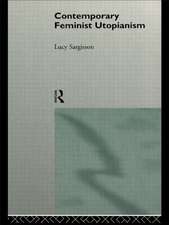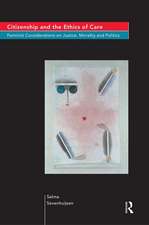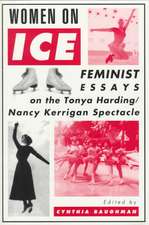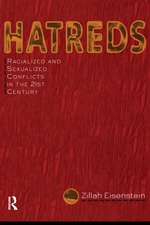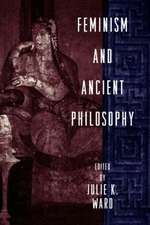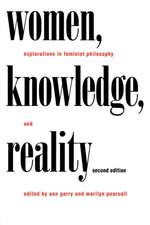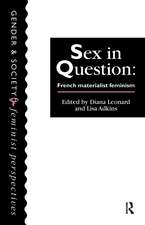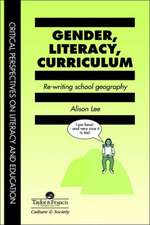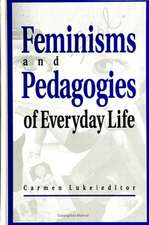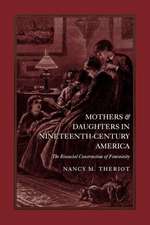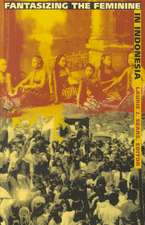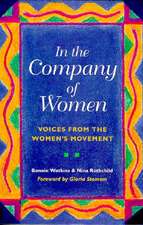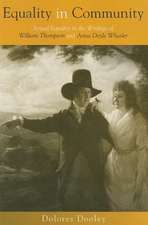Material Feminisms: New Directions for Education
Editat de Carol Taylor, Gabrielle Ivinsonen Limba Engleză Paperback – 3 ian 2019
Inspired by writers such as Barad, Bennett, and Deleuze and Guattari, the book makes a radical break with cognitive, dualist, and universal conceptions of human subjectivity and intelligence in education. By taking its starting point as the co-consitutiveness of discourse, materiality, corporeality, and place, the book foregrounds educational practices as material enactments of multiple, non-linear, entangled, affective, and relational forces. It offers new insights into how gender, class, and ethnicity are constituted in, and by, material assemblages that are often submerged or ‘unseen’.
This book is an essential starting place for those intrigued by what new theoretical accounts of materiality, posthumanism, and affect can offer educational research. Diffractive methodologies challenge readers to take a fuller range of actors into account than in ‘objective’ humanist methodologies, and in so doing to pay closer attention to what data is. It invites researchers to engage with long-standing feminist concerns about power and knowledge production in research processes. This book was originally published as a special issue of Gender and Education.
| Toate formatele și edițiile | Preț | Express |
|---|---|---|
| Paperback (1) | 402.66 lei 6-8 săpt. | |
| Taylor & Francis – 3 ian 2019 | 402.66 lei 6-8 săpt. | |
| Hardback (1) | 998.71 lei 6-8 săpt. | |
| Taylor & Francis – 6 apr 2016 | 998.71 lei 6-8 săpt. |
Preț: 402.66 lei
Nou
Puncte Express: 604
Preț estimativ în valută:
77.05€ • 80.66$ • 63.75£
77.05€ • 80.66$ • 63.75£
Carte tipărită la comandă
Livrare economică 05-19 aprilie
Preluare comenzi: 021 569.72.76
Specificații
ISBN-13: 9781138391529
ISBN-10: 1138391522
Pagini: 150
Dimensiuni: 174 x 246 x 8 mm
Greutate: 0.45 kg
Ediția:1
Editura: Taylor & Francis
Colecția Routledge
Locul publicării:Oxford, United Kingdom
ISBN-10: 1138391522
Pagini: 150
Dimensiuni: 174 x 246 x 8 mm
Greutate: 0.45 kg
Ediția:1
Editura: Taylor & Francis
Colecția Routledge
Locul publicării:Oxford, United Kingdom
Public țintă
Postgraduate, Professional, and UndergraduateCuprins
Introduction – Material feminisms: new directions for education 1. A more ‘livable’ school? A diffractive analysis of the performative enactments of girls’ ill-/well-being with(in) school environments 2. Objects, bodies and space: gender and embodied practices of mattering in the classroom 3. Valleys’ girls: re-theorising bodies and agency in a semi-rural post-industrial locale 4. The teacher–student writing conference reimaged: entangled becoming-writingconferencing 5. Theorising learning and nature: post-human possibilities and problems 6. Gendered subjectivities of spacetimematter 7. Making matter making us: thinking with Grosz to find freedom in new feminist materialisms 8. Materialist mappings of knowing in being: researchers constituted in the production of knowledge 9. Re-turning feminist methodologies: from a social to an ecological epistemology
Descriere
Providing a range of theoretical and innovative methodological examples, this book illuminates how new material feminism can be used in education to open up new avenues of research design and practice. It poses questions about the nature of knowledge production, the role of the researcher, and the critical endeavour arising from inter- and post-disciplinarity. Essential for those intrigued by what new theoretical accounts of materiality, posthumanism, and affect can offer educational research, the book invites readers to engage with long-standing feminist concerns about power and knowledge production in research processes. This book was published as a special issue of Gender and Education.
